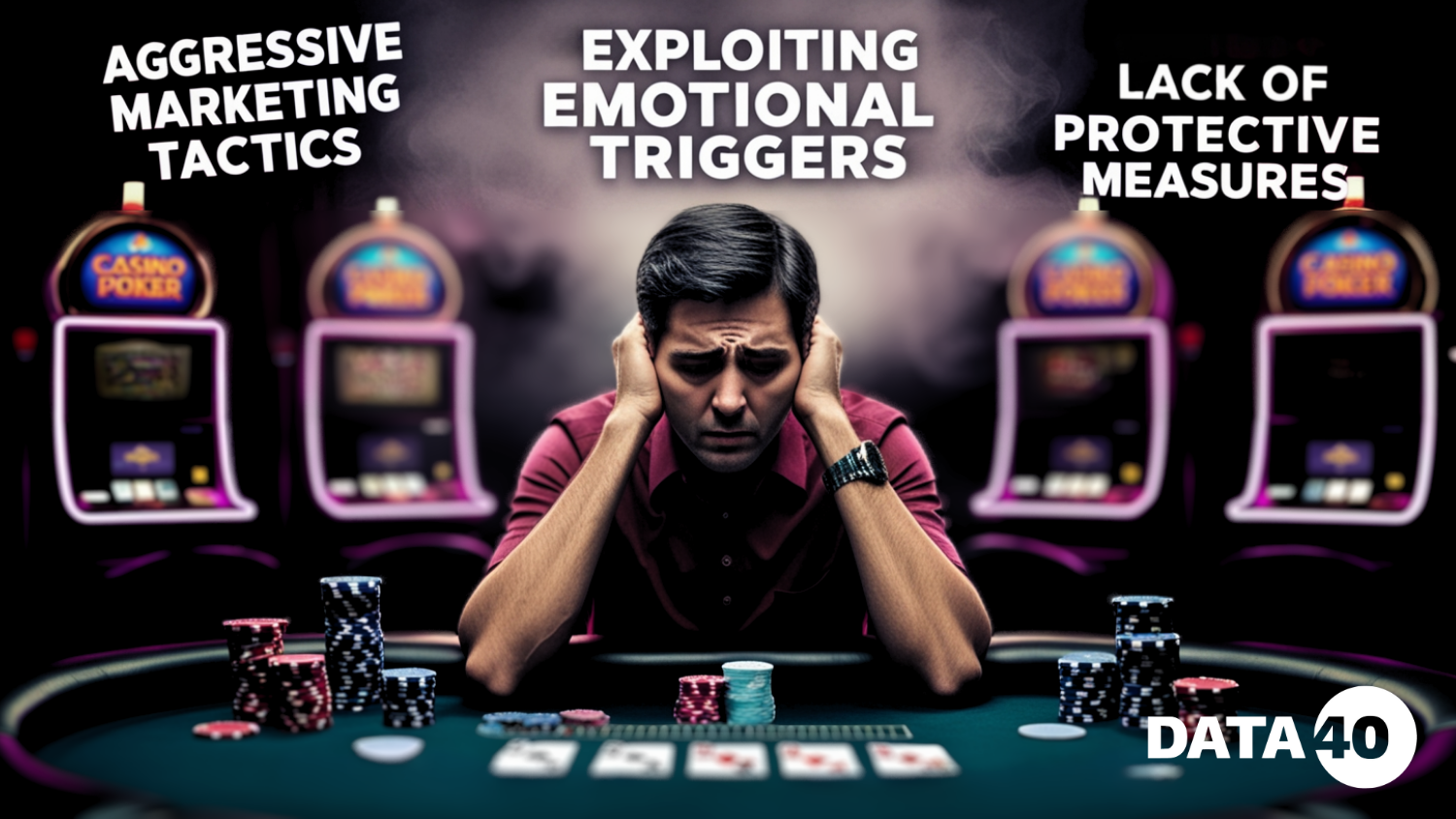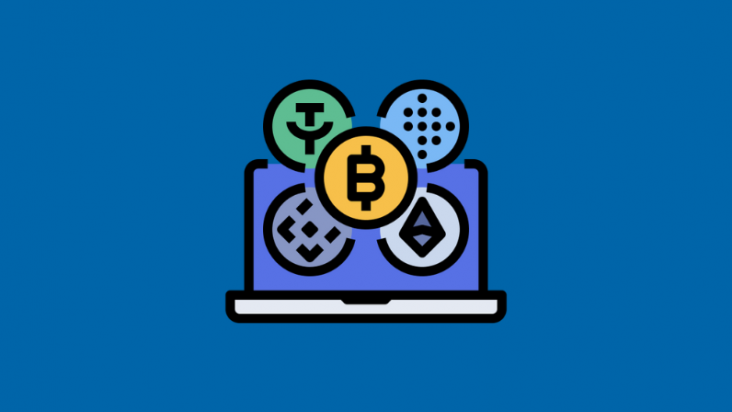
While responsible gambling practices aim to ensure the safety and well-being of players, the other end of the spectrum reveals concerning practices by some gaming operators. These irresponsible approaches exploit the vulnerabilities of players, often prioritizing profit over ethical conduct. This article explores such practices and their implications for the gambling industry and society at large.
Targeting Inexperienced or Vulnerable Players

One common irresponsible gaming approach is aggressive advertising aimed at inexperienced or less aware players. .
Aggressive Marketing Tactics
The gambling industry employs assertive strategies to capture immediate attention and expand market share. These include high-frequency advertising, flash promotions, and direct competition attacks, which can overwhelm consumers and encourage risky gambling behaviors. For example, Google has deprioritized gambling-related content, YouTube bans gambling advertisements, and Twitch prohibits gambling streams. In response, gambling operators have adapted by creating their own streaming platforms. A notable example is Kick, launched on October 18, 2022, by Stake, a major gambling operator. Kick allows gambling streams without the restrictions found on mainstream platforms, providing a space for gambling promotion through live streams. In addition to this gambling companies are often sponsors of sporting events. This gives them the legal right to advertise during the match or their place for the logo on the team’s logo.
Exploiting Emotional Triggers
Advertisements often appeal to emotions, portraying gambling as an easy path to excitement or financial gain. This can mislead inexperienced players about the realities of gambling, prompting them to engage without fully understanding the risks involved. Many gambling advertisements create the perception that players can influence the outcome of their bets through the right strategy, skill, or knowledge. This messaging fosters a false sense of control, encouraging individuals to gamble more in the belief that they can “beat the odds.” Time-sensitive promotions and stories of big winners are often featured prominently in gambling ads, tapping into the audience’s fear of missing out (FOMO). These tactics create a sense of urgency, prompting individuals to act quickly without fully considering the risks. By suggesting that opportunities for easy money are fleeting, such advertising strategies push potential gamblers into impulsive decisions that may lead to financial harm.
Lack of Protective Measures
Many gambling advertisements lack adequate warnings or information about responsible gambling. This absence of cautionary messaging fails to inform players about potential risks, leaving them unprepared to make informed decisions. Research highlighted that only 11.2% of operators included information on responsible gambling or problem gambling in their promotions, leaving a significant gap in protective messaging
These aggressive marketing practices underscore the need for stricter regulations and increased awareness to protect inexperienced and vulnerable players from potential exploitation and harm.
Encouraging Disproportionate Spending

Gacha Systems
Irresponsible operators often use mechanics designed to stimulate excessive and disproportionate deposits. An example of this is seen in gacha systems, popular in some markets, particularly in China. These systems mimic gambling mechanics by using randomized rewards that encourage players to spend repeatedly in pursuit of desirable outcomes. The design intentionally creates a psychological dependency, leading to significant and often unplanned spending.
Gacha games, particularly prevalent in markets like China, employ mechanics that encourage players to make repeated purchases in pursuit of rare and desirable virtual items. This design can lead to significant and often unplanned spending, raising concerns about the psychological impact on players.
A notable example is the mobile game Granblue Fantasy. In December 2015, the game faced scrutiny when a player reportedly spent approximately ¥700,000 (around $6,000 USD at the time) attempting to obtain a specific character named Andira during a limited-time event. This incident highlighted the potential for excessive spending driven by gacha mechanics and led to increased regulatory attention in Japan.
One more example, gacha systems have sparked player outrage by introducing limited-time unlocks and high-cost items, such as League of Legends’ Exalted skins, which can cost up to $250. These mechanics exploit player desires with randomized rewards, leading to excessive spending and frustration over perceived exploitation.
The psychological mechanisms behind gacha systems are designed to exploit players’ desires and can lead to addictive behaviors. Studies have shown that the randomized nature of rewards in gacha games shares similarities with gambling, potentially leading to problematic gaming habits.
To address these concerns, some researchers suggest implementing strategies such as clearly communicating odds and pricing, setting in-game spending limits, and providing alternative ways to earn rewards to promote responsible gameplay and minimize the risk of addiction.
Loot Boxes
The incorporation of gambling-like mechanics, such as loot boxes, into video games has raised significant concerns due to their potential psychological impact on players. Loot boxes are virtual items that, when purchased, yield randomized rewards, closely mirroring traditional gambling practices. This resemblance has led to debates about their ethical implications and the need for regulatory oversight.
A notable example is the game Overwatch, which offers cosmetic loot boxes containing random in-game items. Similarly, FIFA Ultimate Team employs card packs as a form of loot boxes, where players acquire random player cards to build their teams. This system has faced criticism for promoting a “pay-to-win” environment, as obtaining high-performing players often depends on purchasing numerous packs, leading to substantial real-world spending.
The psychological effects of these mechanics are profound. Researches indicate that loot boxes can significantly influence player spending, often leading to excessive in-game purchases. Studies have linked loot boxes to problem gambling behaviors, especially among younger players, raising concerns about their impact on mental health.
In conclusion, the blending of gambling elements into standard gaming through mechanisms like loot boxes presents significant ethical and psychological challenges. The lack of transparency and potential for exploitation necessitate a reevaluation of these practices to ensure the well-being of players and the integrity of the gaming industry.
Rakeback systems
Rakeback refers to a system where a poker room returns a portion of the rake—a fee taken from each pot—to the player as a reward for their loyalty and continued play.
While rakeback can enhance profitability for frequent players, certain implementations may inadvertently encourage excessive play. For instance, some online poker rooms offer high rakeback percentages, which might lead players to engage in longer sessions or higher-stakes games than they can afford, aiming to maximize their rakeback rewards. This pursuit can result in significant financial losses, especially if players chase losses to qualify for higher rakeback tiers.
Additionally, some rakeback structures may favor high-volume players, potentially marginalizing casual players and fostering an environment where excessive gambling is normalized. Such systems can create a competitive atmosphere that pressures players to increase their playtime and spending, disregarding responsible gambling practices.
It’s crucial for operators to design rakeback and reward systems that promote responsible gambling behaviors. Implementing safeguards, such as setting limits on rewards based on responsible play metrics and providing clear information about the risks of excessive gambling, can help mitigate the potential negative impacts of these incentive mechanisms.
Irresponsible Practices in Offline Gambling

Irresponsible gaming practices are not limited to the online sphere. In offline settings, operators often employ strategies to provoke impulsive behaviors among players. For example:
- Player Instigators: Some casinos utilize individuals, either staff or hired players, to provoke others into placing higher bets, fostering a competitive or high-stakes atmosphere. This tactic leverages social dynamics to pressure patrons into making riskier decisions
- Promotional Gimmicks: Entertainment acts, such as performances by scantily clad dancers or “Go-Go Girls,” are employed to create an enticing environment that encourages impulsive gambling. These distractions can lower players’ inhibitions, leading to less cautious betting.
- Alcohol Promotions: Offering complimentary or discounted alcoholic beverages is a common practice aimed at impairing judgment and increasing risky behaviors among players. Alcohol consumption can diminish self-control, resulting in prolonged gambling sessions and higher expenditures.
Moreover, there are many trick in the design of casino. For example, there are no clock or windows, the rooms are made as labyrinth, pleasing sound and bright light are also used. All services such as restaurants and hotel rooms are located within casino too.
The Broader Impact
These irresponsible approaches not only harm players financially and emotionally but also tarnish the reputation of the gambling industry. They foster an environment where ethical considerations are sidelined in favor of profit, drawing scrutiny from regulators and damaging public trust. As the gambling industry evolves, operators must recognize the long-term benefits of ethical practices over short-term gains derived from exploiting vulnerabilities.
Conclusion
Irresponsible gaming publishing approaches highlight the pressing need for stricter regulation and industry-wide commitment to ethical standards. Practices such as targeting vulnerable players, promoting disproportionate spending, disguising gambling as standard gaming, and encouraging impulsive behaviors in offline venues undermine the principles of fair play and player protection. As the industry continues to grow, addressing these practices is critical to fostering a safer and more sustainable gambling environment.








